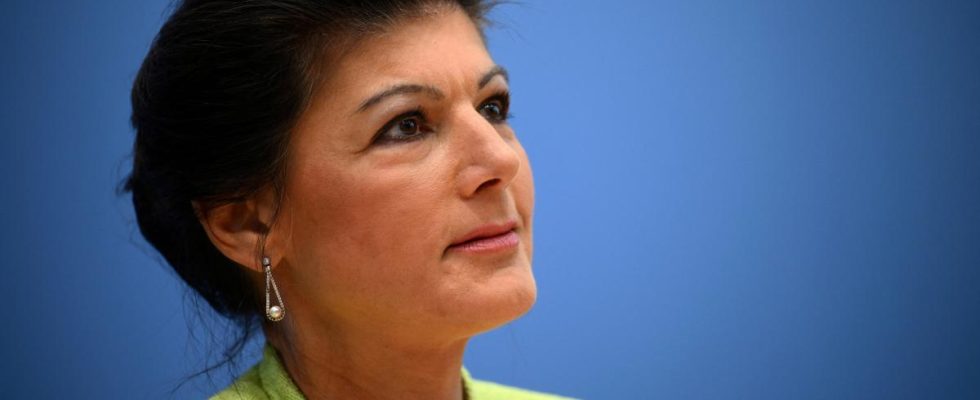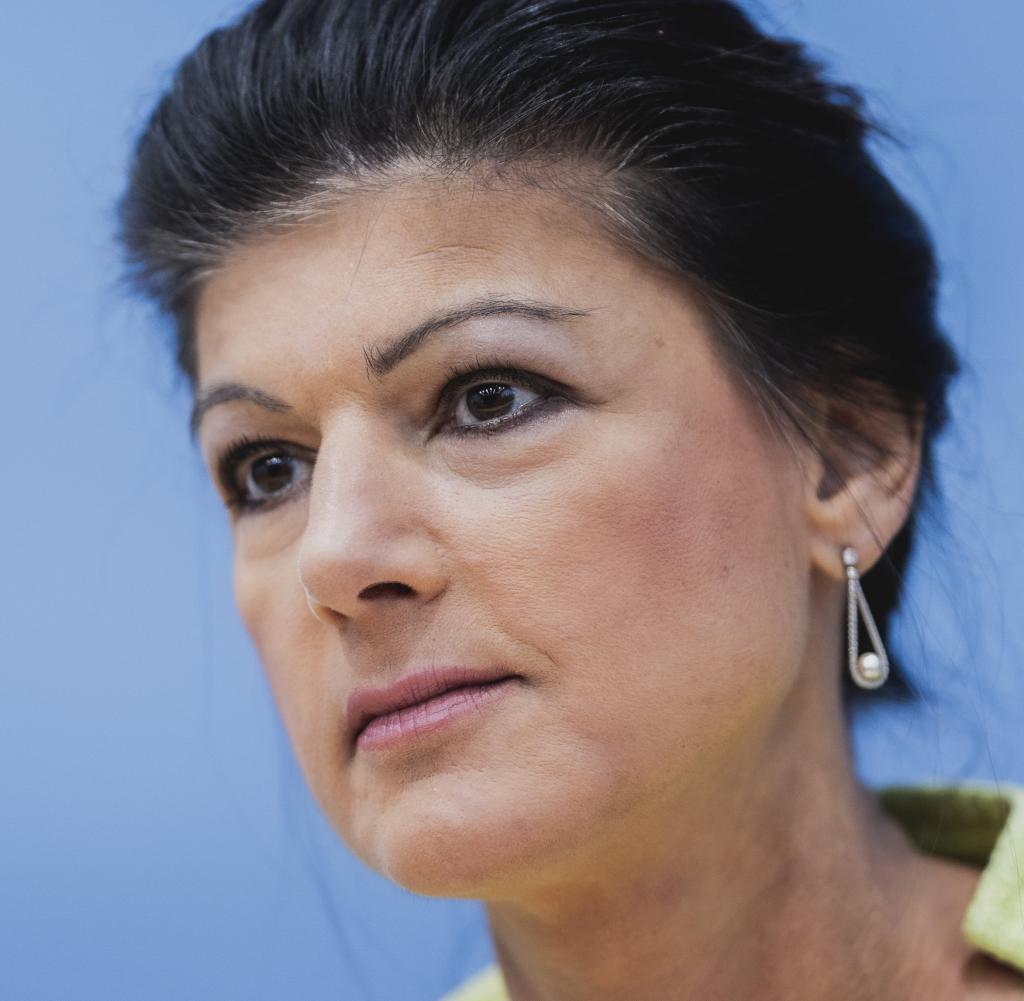Double-digit poll numbers for Wagenknecht’s party? “Absolutely adventurous”
Prospects of success “at the expense of the Left and the AfD”
In a survey by the opinion research institute Insa, the “Alliance Sahra Wagenknecht” (BSW) immediately received 12 percent of the vote. Political scientist Prof. Heinrich Oberreuter explains in an interview with WELT why the newly founded BSW met with so much approval right from the start.
Surveys predict that the planned party of the former left-wing figurehead Sahra Wagenknecht has great potential. However, Forsa boss Manfred Güllner is different: The pollster currently doesn’t even believe that the party would crack the five percent hurdle.
Dhe head of the Forsa opinion research institute, Manfred Güllner, sees the planned new party of the previous left-wing politician Sahra Wagenknecht currently “well” below the five percent hurdle. Güllner told the newspapers that he considered surveys that had already given her a double-digit value after her appearance on Monday to be “absolutely adventurous.” Editorial network Germany from Wednesday.
Wagenknecht announced in Berlin on Monday that he would found a new party at the beginning of 2024. With her, the previous parliamentary group leader Amira Mohamed Ali and eight other MPs also left the Left Party.
The Forsa boss doesn’t consider their potential to win AfD and CDU voters to be particularly great. “According to our findings, Wagenknecht could attract a small proportion of the previous left-wing voters and only get a few votes from the AfD.” It must be taken into account that the AfD binds a large part of the right-wing radical potential that has always existed in Germany .
The pollster pointed out that the “Get Up” collective movement launched by Wagenknecht in 2018 “failed miserably” after a relatively short time. He recommended that the CDU in the East “not think too tactically” with regard to Wagenknecht and possible alliance capabilities, but rather to concentrate on the great potential of non-voters. There are more of these in the East than AfD voters.
Potential particularly high in the east
In a Forsa survey published on Tuesday for the broadcasters RTL and ntv, only three percent said they would “definitely” vote for a Wagenknecht party. 17 percent would “maybe” vote for her. However, for the large majority of 74 percent, electing such a party would be out of the question.
There was greater agreement in the East: eight percent would “definitely” vote there, 25 percent “maybe”, 62 percent “probably not, or definitely not”. In the West, however, only two percent would “definitely” vote for the party, two percent “maybe” and 78 percent “probably not.”
When asked about their party preferences, the Union is still ahead in favor of voters – but has lost one percentage point compared to the previous week to 31 percent. The FDP can therefore gain one percentage point, but still has to worry about getting back into the Bundestag at five percent. The values of the other parties do not change compared to last week: the SPD and the Greens each remain at 14 percent, the AfD remains at 21, the Free Voters at three percent, the other parties together at eight percent.
When it comes to chancellor preferences, the values for Chancellor Olaf Scholz (SPD) and CDU leader Friedrich Merz each improve minimally by one percentage point to 20 and 21 percent respectively. Federal Minister of Economics Robert Habeck (Greens), however, decreased by two percentage points to 15 percent. In a constellation with Green Party Foreign Minister Annalena Baerbock, the values for Scholz and Merz also rise slightly by one percentage point to 23 percent each. Baerbock loses one percentage point to 17 percent.
Forsa surveyed people about their party and chancellor preferences from October 17th to 23rd and 1,001 people about the Wagenknecht party on October 20th and 23rd.


